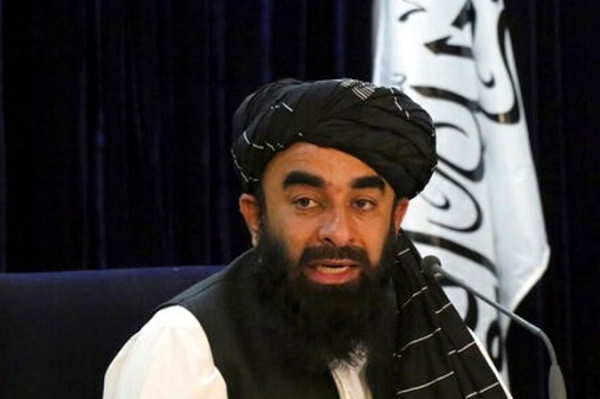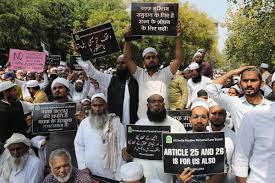
According to various sources, the Pakistan Air Force conducted multiple airstrikes within Afghanistan during the early hours of March 18, 2024. These strikes targeted hideouts belonging to the Tehreek-e-Taliban Pakistan (TTP) situated across the border in the provinces of Paktika, Khost, and Kunar.
Initial reports indicate that Abdullah Shah, a TTP-affiliated commander, was among those killed in the airstrikes, along with members of his family. This action was purportedly in retaliation for a high-profile attack carried out by Jaish ul Fursan in North Waziristan, resulting in the deaths of seven Pakistani soldiers and officers.
The Hafiz Gul Bahadar group claimed responsibility for the attack in North Waziristan. Security officials suggest that members of this group operate from the Afghan side of the border, particularly from Khost.
In a separate development, the Pakistan Army launched an overnight operation in the MadiKhel area of North Waziristan, resulting in the deaths of seven TTP terrorists. These individuals were reportedly involved in facilitating and collaborating on the aforementioned attack against the Pakistani military in North Waziristan.
These airstrikes and military operations indicate a clear stance from both the Pakistani military establishment and the new government, demonstrating a non-negotiation policy towards the TTP at present.
It is noteworthy that there has been an overwhelming response from Pakistani government ministers, officials and public in support and defense of the martyred armed forces personnel. President Asif Zardari attended the funeral of a martyred officer and vowed retaliation against the TTP. Zardari emphasized that the sacrifices of the martyrs would not be in vain, affirming Pakistan’s commitment to retaliate against any aggression on its borders or within its territory.
This recent incident echoes a similar strike carried out by Pakistan in April 2022, albeit with a coordinated effort targeting multiple locations across the Afghan border in various provinces.
Zabihullah Mujahid, spokesperson for the Afghan government, confirmed that airstrikes hit the provinces of Paktika and Khost along the Pakistan border at 3am, resulting in the deaths of eight individuals including women and children. He alleged that Pakistani aircraft conducted the airstrikes on Afghan territory. However, there has been no comment from the Foreign Office or the Inter-Services Public Relations (ISPR) regarding this incident.
Mujahid specified that the airstrikes targeted the Laman area in Paktika’s Barmal district and the Afghan-Dubai area in Khost’s Spera district. He alleged that houses belonging to ordinary citizens were hit, resulting in the deaths of three women and three children in Paktika, and two women in Khost, where a house was also destroyed.
Paktika province shares a border with Pakistan’s South Waziristan District, while Khost is located near North Waziristan.
In a government statement posted on Mujahid’s official account, he disputed Pakistan’s claim that the airstrikes targeted militant Abdullah Shah, asserting that Shah resides on the Pakistani side of the border. He condemned the attacks as violations of Afghanistan territory and warned of potential dire consequences if such actions continue. He spewed hate on Pak army generals.
In fact the Afghan Taliban have issued a statement that they responded to these attacks and targeted Pakistani military centers with heavy weapons. Sources claim that three Pakistani soldiers were wounded in the Burki area in this shelling by the Afghan forces.
The outlawed Tehreek-e-Taliban Pakistan (TTP) also acknowledged the airstrikes.
These airstrikes occurred amidst increasing communication between Pakistan and the Afghan Taliban leadership in recent days. Pakistan’s charge d’affaires in Kabul visited Kandahar last week to meet Mullah Shirin Akhund, the Taliban governor for southern Kandahar and a close confidant of the Taliban chief.
Pakistan is adamant to follow zero-tolerance against TTP terrorists and has made its intention very clear to the Afghan government from where most of TTP attacks emanate. Afghan Taliban have shown little interest in bridling TTP and has not responded positively to Pakistan’s repeated complaints and requests to stop them from launching terrorist attacks in Pakistan. Many delegations from Pakistan have visited Afghanistan during the last one year in this respect but Afghan Taliban have not changed their stance. Pakistan is constrained to respond befittingly.



